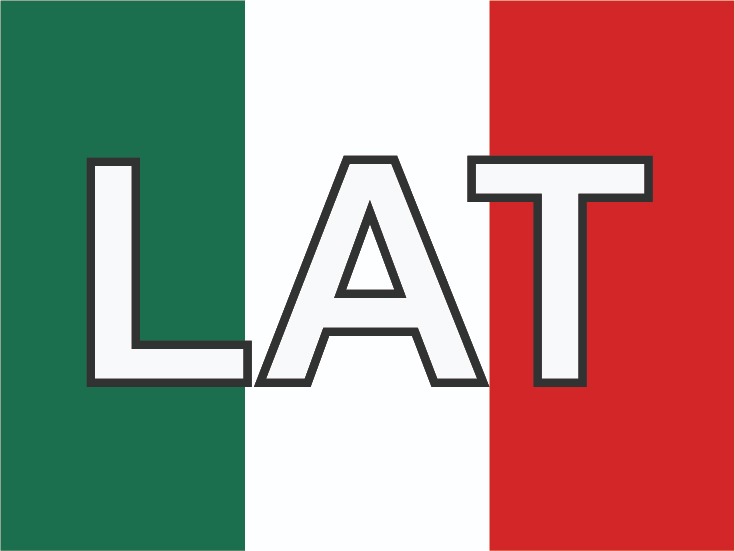Nutrition and renal disease.
Abstract
Kidney plays an important roll in body homeostasis through excretory, metabolic and endocrine functions. Kidneys filter fluids and solutes and reabsorbed water , electrolytes an minerals. Urine volume and solute excretion are adjusted to keep composition of the extracellular space, serum osmolarity and intravascular volume in constant balance. Kidneys also regulate acid base equilibrium, hormone metabolism and excretion and amino acid concentration. Vitamin D hydroxylation takes place in the kidney, this is the active form of this vitamin, which inhibits PTH. In addition they produce erythropoietin which control hemoglobin concentration in erythrocytes. When renal insufficiency develops, and glormerular filtration rate is between 50 to 75% of normal, this functions are decreased .When renal function is less than 10%, this functions ceased. In children small changes in water, solute, acid base, calcium and phosphorus can alter normal growth and development. If kidneys can not maintain internal equilibrium, specific nutrients should be used. Compensation should be done according to age, type or renal disease and level of glomerular filtration rate.Authors
Downloads
Download data is not yet available.
Keywords
- Kidney
- Acute renal failure
- Chronic renal failure
- Nutrition
- Children
Submitted
2009-11-23
|
636 |
How to Cite
de Castaño, I., & de Rovetto, C. (1). Nutrition and renal disease. Colombia Médica, 38(1 Supl 1), 56-65. https://doi.org/10.25100/cm.v38i1 Supl 1.488
Section
Reviews
The copy rights of the articles published in Colombia Médica belong to the Universidad del Valle. The contents of the articles that appear in the Journal are exclusively the responsibility of the authors and do not necessarily reflect the opinions of the Editorial Committee of the Journal. It is allowed to reproduce the material published in Colombia Médica without prior authorization for non-commercial use




















